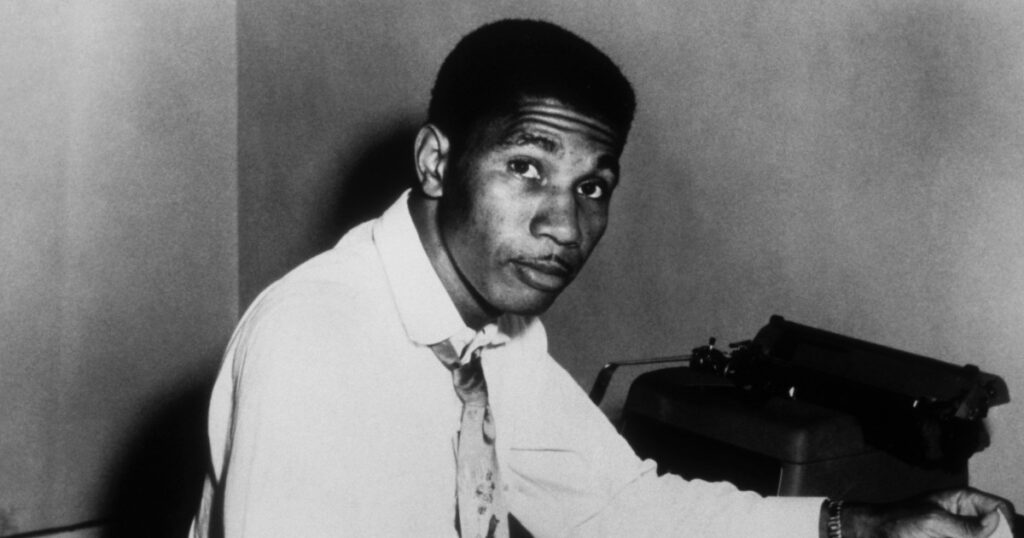The death of Alexei Navalny, likely a murder at the hands of the Russian state, is a grim and timely reminder of the potential costs, but also the inspirational power, of courage.
There are different kinds of courage. There is physical courage: the willingness to endure physical trauma or even death in pursuit of a cause that you believe is right. There is moral courage: the willingness to endure ridicule, hatred and attacks in defense of what you believe is just. And there is psychological courage: the willingness to endure mental torment or even physical torture in order to fulfill the mission you believe has been given to you. Navalny, the chief political opponent of Russian dictator Vladimir Putin, the Russian patriot and freedom activist, former candidate for mayor of Moscow and a potential rival to Putin himself, displayed all three kinds of courage over the many years he stood up to Russia’s 25-year autocrat.
The death of Alexei Navalny is a grim and timely reminder of the potential costs, but also the inspirational power, of courage.
Navalny survived a poisoning in August 2020, allegedly by the Kremlin, and convalesced in Germany. Against all advice, and knowing that returning to Russia would likely mean his imprisonment and death, he returned to the country in January 2021 to insist on his countrymen’s right to freedom of assembly, freedom to elect leaders of their own choosing and freedom of speech. Over the years, he inspired Russians, particularly young Russians, to stand up for themselves and for their freedom.
This week, Nadya Tolokonnikova, a founder of the feminist collective Pussy Riot, reflected on meeting Navalny for the first time as a 16-year-old rallying for a free Russia in Moscow in 2007. “We lock our arms and together, push the police out of the street,” she told The New York Times. “Russia could be free. It’s a new feeling for me. This is where I see Alexei Navalny for the first time. For the next 17 years, I saw my friend,…
Read the full article here





